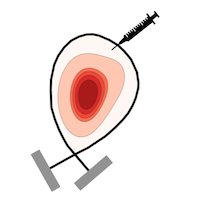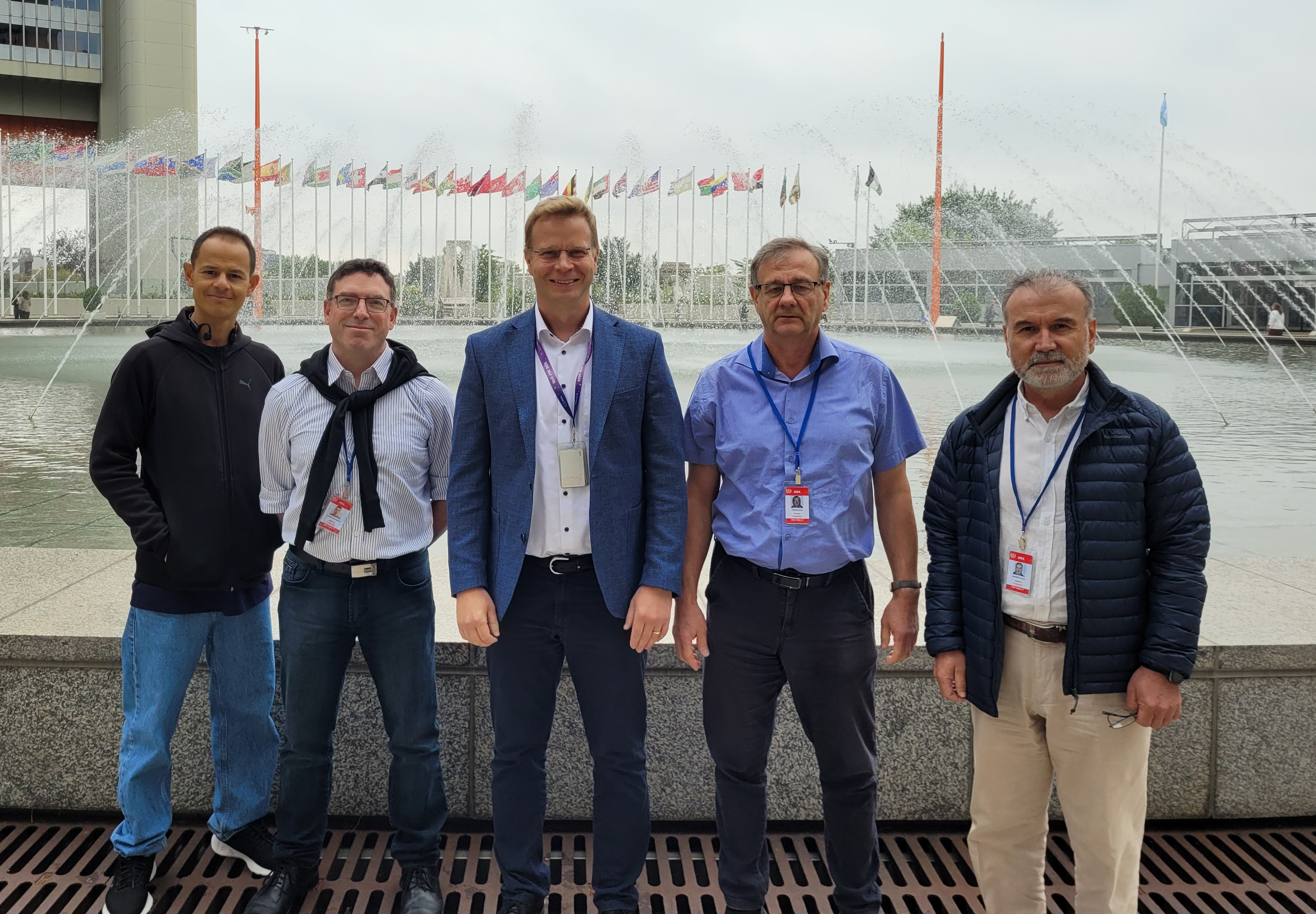9th Meeting of the Code Comparison Network
Topic: Code comparison activity of injected impurities in fusion plasma conditions
This Technical Meeting has a specific objective on a code comparison activity initiated during discussions at the 2nd Research Coordination Meeting of Coordinated Research Project (CRP) Atomic Data for Injected Impurities in Fusion Plasmas (F43026). That CRP focuses on the collisional behaviour of injected noble gas and other impurities in the edge and divertor regions for the edge-localized mode (ELM) and disruption mitigation and for plasma diagnostics.

Various state-of-the-art computational methodologies can be applied for the calculations to obtain cross sections for the crucial plasma-impurity collisions, which enable predictive collisional-radiative modelling of the plasma behaviour in the edge, scrape-off region and the divertor region of a fusion device. The need was identified to perform a code-comparison activity in which on a voluntary basis several computational tools would be applied to study pre-selected collisional processes and the obtained results would be jointly examined and any differences and their origin discussed.
Systems chosen for the code comparison:
Ar$^{3+}$ - H $=>$ Ar$^{2+}$ - H$^+$
and
Ar$^{2+}$ - H$^+$ $=>$ Ar$^{3+}$ - H
in energy range E = 1-100 keV/u.
The meeting will review calculated total and state-resolved cross sections to the above-listed processes as obtained with
- 3-body Classical Trajectory Monte Carlo (CTMC) technique
- two-centre Wave-Packet Convergent Close-Coupling (WP-CCC) method
- Atomic Orbitals Close-Coupling (AOCC) approach
- Impact Parameter Method (IPM).
Group photo

